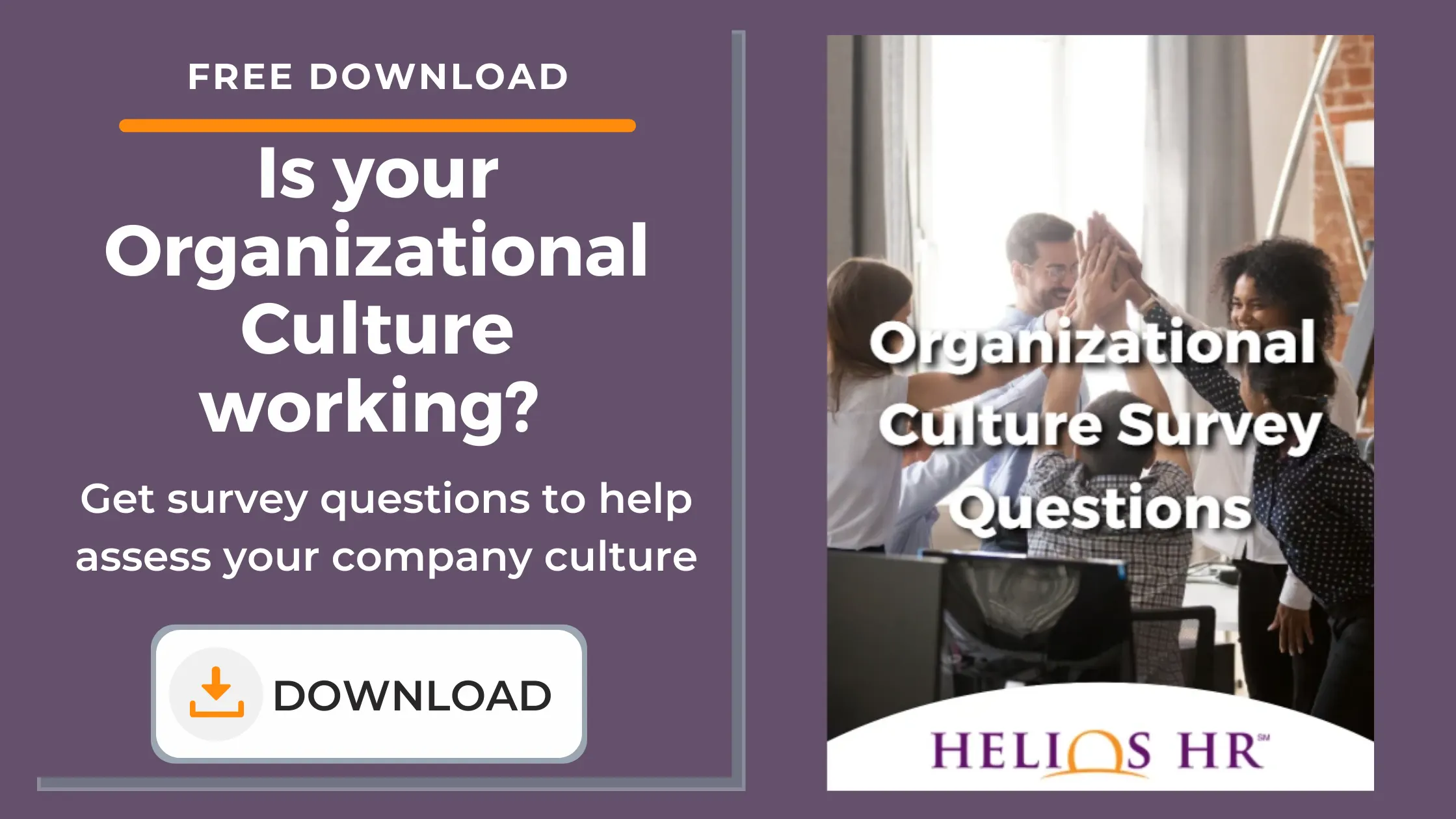By: Connie Maniscalco on July 13th, 2021
How to Build a Strong Culture with a Remote Team
Business Management & Strategy | Best Practices | Employee Relations
Strong team culture can be the fine line between success and failure. But in an age of remote and hybrid teams and remote workers, cultural cohesion can seem like a bigger challenge than ever. Fortunately, you’ve got one secret weapon on your side: your HR team.
Human Resources professionals have always played a vital part in building a winning team. They have a bird’s eye view of the organization that allows them to head off conflicts and support opportunities for collaboration. HR pros also act as cultural translators between management and employees, helping communicate the goals and ideals across multiple contexts. This expertise makes them perfect partners to help develop a hybrid and remote team culture.
Let's take a look at how to build a strong culture with a remote team.
5 ways HR professionals can help build a strong culture with a remote team
Remote and hybrid teams represent an unprecedented challenge to most employers. In the past, remote working has been a relatively minor part of working life. Most employees worked at a shared location, where they can attend team meetings, chat by the water cooler, and overhear gossip in the elevator.
These day-to-day interactions are the building blocks of team culture. But how do you keep your culture alive in a hybrid environment, where most team members might only be in the office a few days each week?
Like most things, it takes hard work and good planning. HR professionals can lend a hand in several ways, such as:
1. Monitor cultural shifts
First, you need to understand how new working practices have impacted your existing team culture. HR can take a company-wide view of these changes by asking questions like:
- Is everyone communicating and collaborating?
- Do all team members feel supported and included?
- Is there an emerging cultural split between remote, on-site, and hybrid workers?
- Are there any issues of inclusiveness? Has the new paradigm affected some demographics more than others?
HR can act as an early warning system, letting you know when your culture is heading in the wrong direction. That way, you can take action before small problems become big issues.
2. Rethink onboarding
Onboarding is a vital element of strong remote team culture. During onboarding, new hires learn about things like:
- Company goals and values
- Rules and protocols of the company
- Colleague expectations and attitude to teamwork
- Preferred communication channels
- Overview of the team’s social culture
The switch to a hybrid or fully remote working schedule has great significance for all of these aspects of employee life. That’s why it’s important to rethink how you discuss your team culture during onboarding sessions with new hires. HR can help build an onboarding program that’s suited to your New Normal.
If you’ve hired remotely, you may need to deliver onboarding and training remotely too. HR can help develop a program that educates and engages new employees, whether they’re in the office or in another part of the country.
3. Analyze engagement
Engagement is a major concern for leaders of hybrid and remote teams. Will remote employees work as hard when they’re at home? Will they work too hard? Do they feel distanced from their co-workers? All of these are potential factors in a drop in engagement. This could lead to lower productivity, and eventually to shedding vital staff.
HR teams have the tools to help analyze engagement trends and monitor employee wellbeing. Strategies here include things like:
- Creating motivational rewards and recognition programs
- Conducting regular pulse surveys to monitor employee sentiment
- Supporting employee wellbeing and helping resolve conflicts
- Ensuring that employee benefits are suited to new circumstances
- Promoting a healthy work-life balance
- Tracking employee turnover and conducting exit interviews
When working with a hybrid or traditional team, HR’s goal is to ensure that everyone has the right conditions to do a great job. When the environment is stable and supportive, a successful team culture will emerge.
4. Support leadersHR professionals often provide coaching to senior leaders within the organization. This kind of coaching can cover topics such as:
- Leadership style
- Employee communication
- Human capital metrics
- Employee engagement techniques
- Cultural insight
- HR-related compliance issues
In a changing team environment, this kind of culture is more valuable than ever. Most leaders will benefit from coaching on topics related to managing a hybrid team. This coaching should cover topics such as communicating with remote employees, resource planning with flexible schedules, and promoting team spirit in a hybrid environment.
When leaders are equipped to deal with the challenges ahead, team members feel more secure and supported. This is an essential part of building a strong hybrid team culture.
5. Champion values
Culture emerges from your values. Your values describe the kind of company you want to be; your culture is about how you work towards those aspirations each day. When there’s cultural dysfunction, it’s often because you’re not being true to your values.
HR can help teams to stay aligned with those values, even when they’re shifting to a hybrid model. They do so through:
- Communicating values throughout the organization
- Fighting for fairness and consistency in all circumstances
- Innovating new ways for teams to express their values
- Educating employees about values and their relationship to the company’s goals
- Recognizing and rewarding exemplary achievement
Recognition is an essential tool for promoting values. Your bonus structure is the ultimate expression of what you value. Whether that’s sales, productivity, customer relationships, teamwork or something else, bonuses tell employees what really matters. A great HR team can build a recognition program that will make your values the center of your business.
Recommended reading: How to Build a Thriving Organizational Culture
Building a strong hybrid team culture through HR outsourcing
After the shock of recent events, many organizations are still in firefighting mode. In-house HR teams have been overwhelmed with pandemic-related tasks such as furloughs and restructuring, not to mention the abrupt shift to sudden working.
If your in-house HR team doesn’t have the resources to tackle this kind of high-level strategic work, then it may be time to consider HR Outsourcing. A great HR outsourcer can help in a number of ways, such as:
- Compliance: Develop new policies for hybrid teams that comply with all local, state and federal regulations.
- Operational tasks: Process day-to-day workloads, freeing up the HR team to focus on making a smooth transition to a hybrid model.
- Interim cover: Fill key HR positions during leave, or while you’re trying to recruit a full-time HR person.
- Support through growth: Provide additional capacity while your organization experiences growth or goes through high-level changes, such as M&A.
- HR coaching: Offer guidance and training to leaders and the in-house HR team.
- Compensation planning: Define a new rewards structure that reflects the reality of hybrid teams.
- Retained search: Work together on finding the best candidates for the most important positions, such as C-Suite.
- Leave administration: Manage administrative work related to leave requests, including statutory leave and PTO.
Ready to get started? Schedule a no-obligation call with a Helios HR representative today and find out how HR outsourcing can help you create a strong remote work culture.






.png?width=300&name=Building%20a%20strong%20remote%20team%20culture%20graphic%20(1).png)
